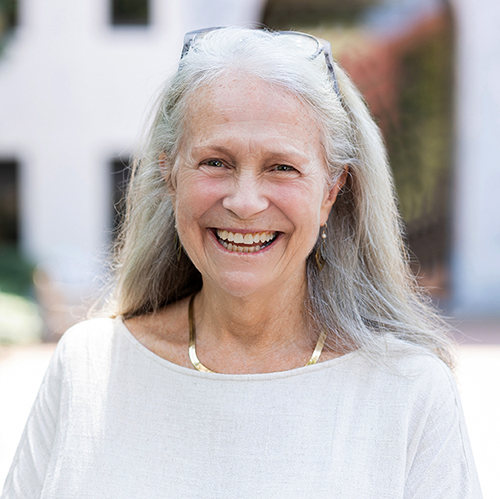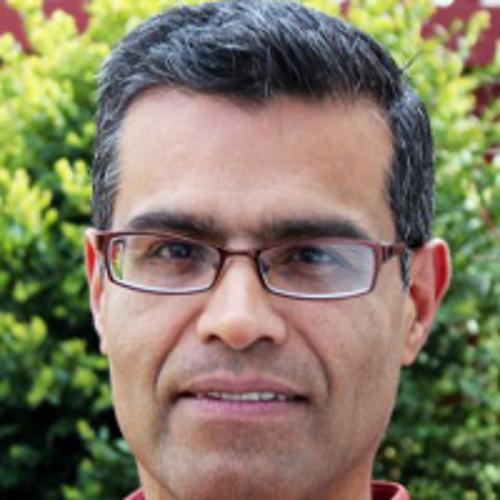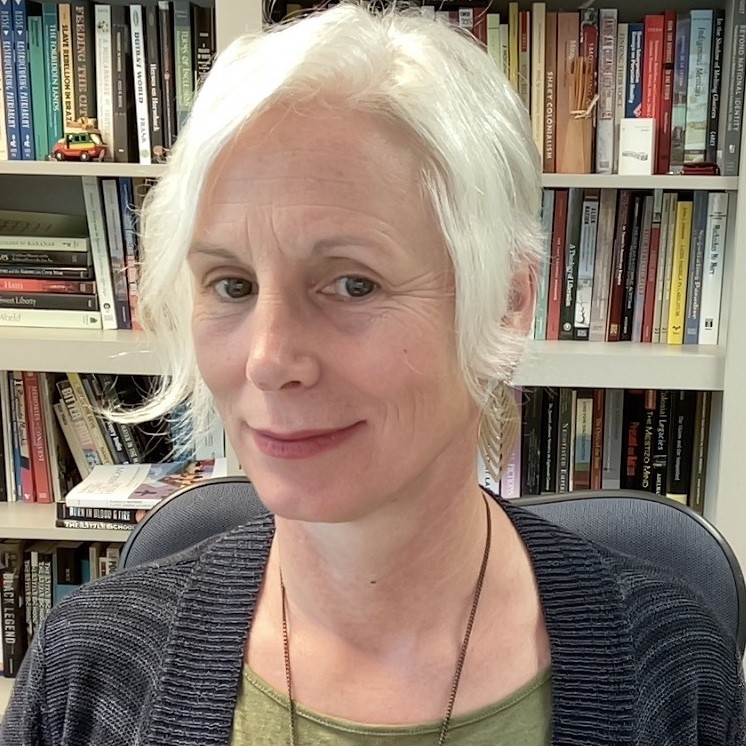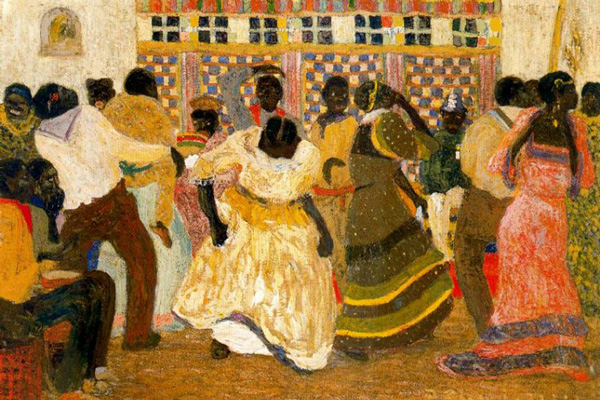
Latin America
Emory's highly competitive Ph.D. in Latin American History provides students with an individually tailored graduate experience. The University's active Program in Latin American and Caribbean Studies, which includes over fifty graduate students in varied courses of study, complements graduate offerings in History, and encourages interdisciplinary approaches to research and teaching.
Emory's highly competitive Ph.D. in Latin American History provides students with an individually tailored graduate experience. The University's active Program in Latin American and Caribbean Studies, which includes over fifty graduate students in varied courses of study, complements graduate offerings in History, and encourages interdisciplinary approaches to research and teaching. Areas of topical strength in the program include questions of national identity and immigration for the national period and the interface of indigenous peoples with imperial institutions during the colonial period. The area of Latin American History is especially strong in the histories of Brazil and Mexico and in approaches including social and cultural history.
Core faculty from the History Department include Dr. Thomas Rogers, whose area of specialization brings together labor and environmental history in modern Brazil as well as the experiences of Latin Americans of African descent; Dr. Yanna Yannakakis, a specialist in colonial and early republican Mexico whose work focuses on ethnohistory, law, and inter-ethnic politics; Dr. Jeffrey Lesser, who studies modern Brazil with a focus on issues of ethnicity, race, public health, and national identity; and Dr. Adriana Chira, who works on ideologies of race, property, and law in the nineteenth-century Spanish Atlantic. Other historians at Emory active in mentoring History doctoral students include Dr. Javier Villa-Flores, a scholar of religion, culture, and daily life in colonial Mexico; Dr. Karen Stolley, who studies colonial Spanish American literary and cultural studies; Dr. Pablo Palomino, a transnational cultural historian of Latin America; and Dr. Aisha Finch whose work brings together the study of slavery in Cuba and the Atlantic World, transnational Black feminism, and Black political movements and social life in the Caribbean, Latin America, and the U.S.
The History Ph.D. program provides students with rigorous training in their fields of specialization while encouraging comparative study. Students entering the program in Latin American History will take the required “Topics in Latin American History” seminar in both their first and third semesters as they prepare for fields in the modern and colonial periods (as well as a third thematic field of their own design). As noted in the PhD Requirements, these fields are presented as part of the Comprehensive Portfolio. The faculty is particularly committed to student professionalization and Ph.D. candidates are encouraged to learn about fellowship writing, pedagogy, and comparative approaches in complementary fields and disciplines including anthropology and literature. Students have a wide range of course opportunities in areas like race and ethnicity, gender, law, political culture, religion, and Atlantic World studies. Graduate students in Latin American History in the last few years have won Fulbright, Fulbright-Hays, and Social Science Research Council grants, and our Ph.D.’s are in tenure track positions across the United States and Latin America.
History PhD Program Faculty
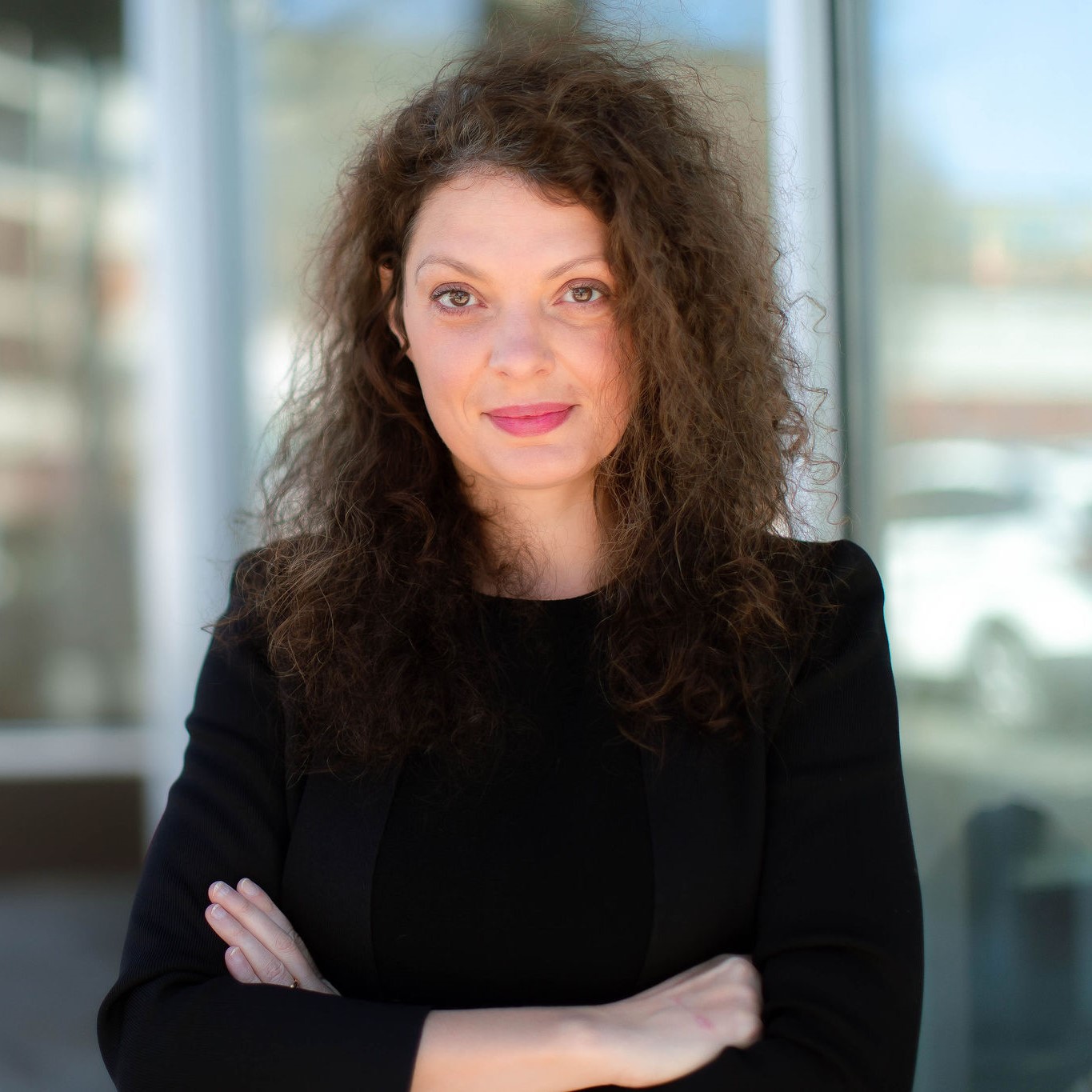
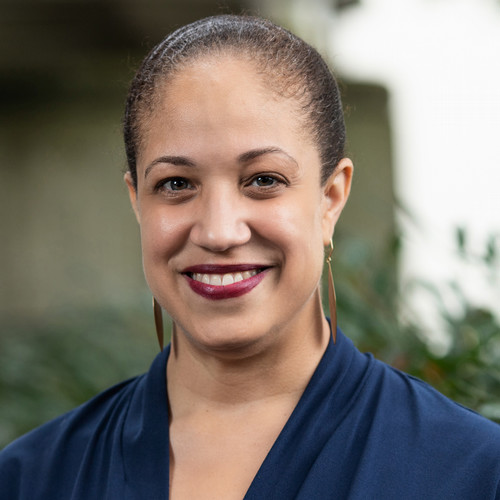
Aisha Finch
Department of Women's, Gender, and Sexuality Studies
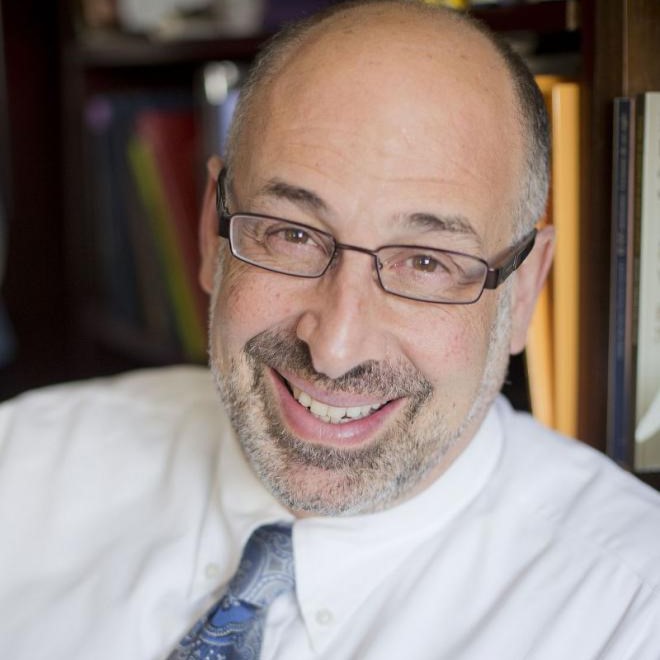
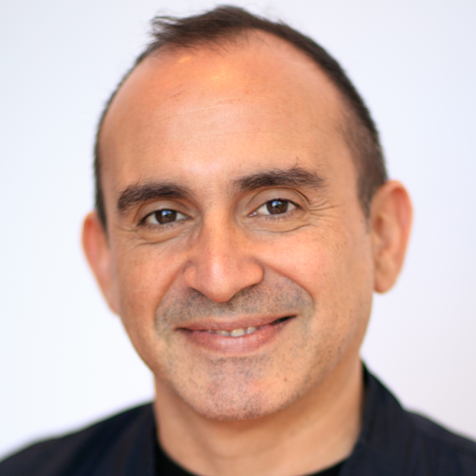
Pablo Palomino
Associate Professor of Latin American and Caribbean Studies, Oxford College
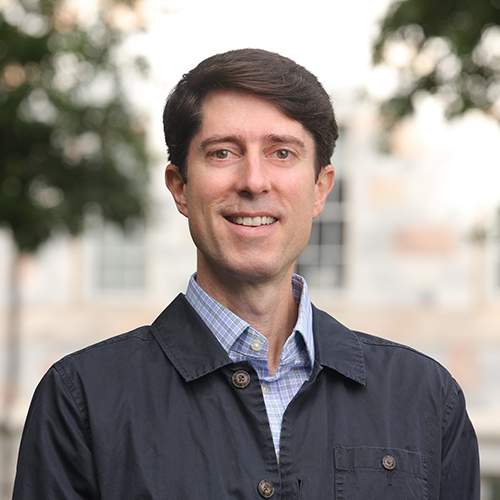
Thomas D. Rogers
Professor and Associate Chair & Mentor Coordinator
